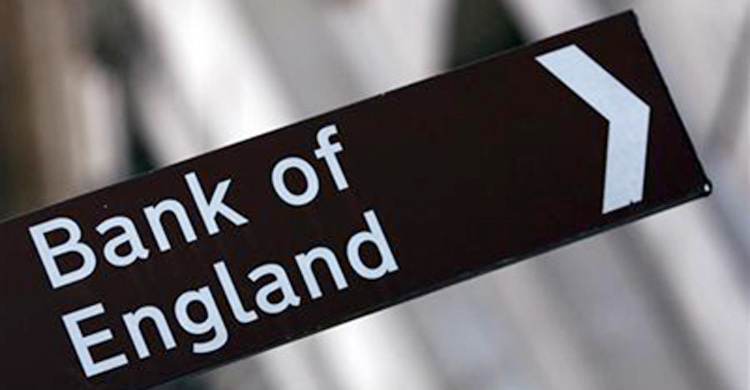Bank of England must respond to Brexit shock: Minister

Britain’s new Finance Minister Philip Hammond declared Tuesday that it was up to the Bank of England to respond to the economic ‘shock’ arising from Brexit.
‘The initial response to this kind of shock must be a monetary response by the Bank of England,’ Chancellor of the Exchequer Hammond told lawmakers at the House of Commons.
The central bank kept its key interest rate at 0.50 percent last Thursday, confounding expectations for a reduction - but flagged a possible August cut in response to Brexit.
Policymakers also signaled that the exact size and nature of any stimulatory measures would be determined at next month’s monetary policy gathering.
BoE governor Mark Carney has warned that Britain could fall into recession as businesses delay new projects because of the shock June 23 referendum vote to exit the EU.
‘The governor, in announcing that interest rates were not to be lowered last week, made it clear that the bank is developing a monetary package which it would announce in due course,’ Hammond added Tuesday.
Separately, the International Monetary Fund slashed its global economic forecasts, citing uncertainty created by Brexit.
The world economy was set to grow by 3.1 percent this year and by 3.4 percent in 2017, the IMF predicted.
That marked a downward revision from the previous April forecast of 0.1 percentage points for both years.
In more gloom, the IMF downgraded its 2016 growth forecast for the British economy by 0.2 percentage points to 1.7 percent. And it axed the nation’s 2017 growth estimate by 0.9 percentage points to 1.3 percent.
‘The decision to leave the European Union marks a new phase for the British economy, but the message we take to the world is this: our country remains open for business,’ a Treasury spokeswoman said in reaction to the IMF news.
‘We are the same outward-looking, globally-minded, big-thinking country we have always been.
‘As the Chancellor has said, our absolute priority is to send a clear signal to businesses both here and across the world, that we are open for business and determined to keep Britain an attractive destination for investors from overseas. We are stronger than we were in 2010 and well-placed to rise to the challenges ahead.’


